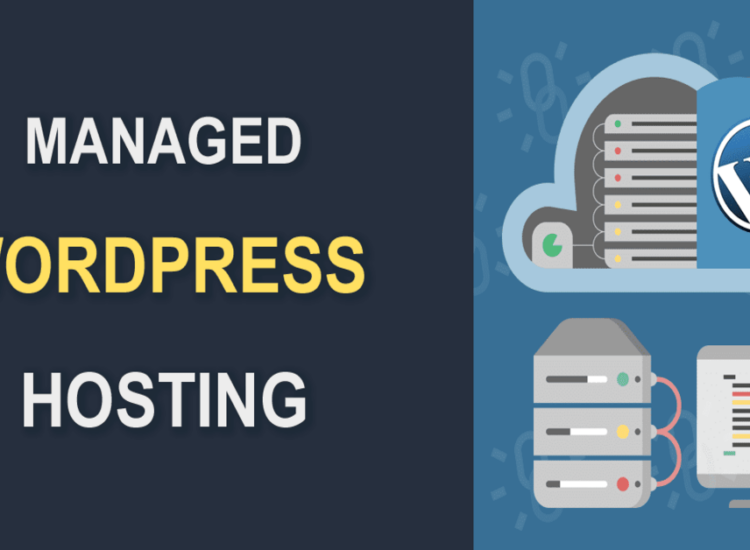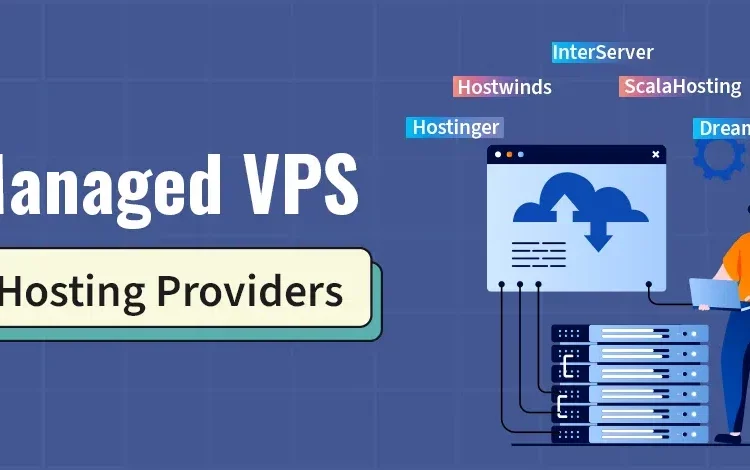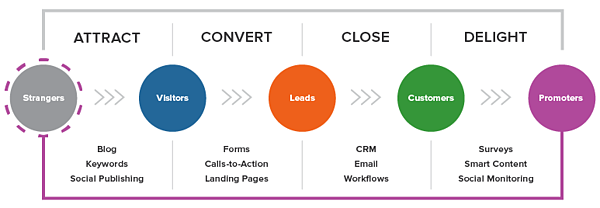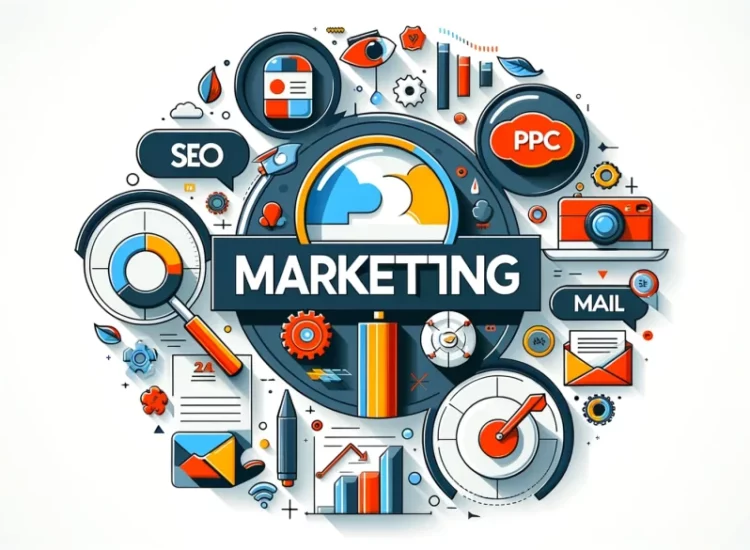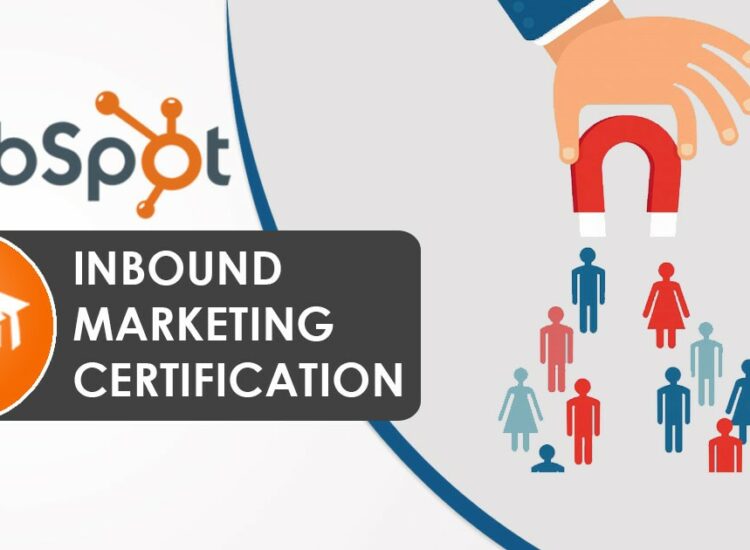The Google Marketing Platform (GMP) offers ecommerce businesses an unparalleled opportunity to analyze customer behavior across their entire website, personalize marketing messages based on individual preferences, and optimize campaigns in real-time. This comprehensive solution empowers businesses to make data-driven decisions and achieve measurable results. However, the success of GMP hinges on effective implementation, requiring careful planning and integration with existing marketing systems. In this guide, we will explore how GMP can transform your ecommerce strategy and help you thrive in a competitive digital landscape.
Toc
- 1. Understanding Google Marketing Platform
- 2. Key Components of Google Marketing Platform for Ecommerce
- 3. Related articles 01:
- 4. Current Trends in Ecommerce Marketing with GMP
- 5. Implementing Google Marketing Platform for Ecommerce
- 6. Tips and Best Practices for Ecommerce Success with Google Marketing Platform
- 7. Frequently Asked Questions
- 8. Related articles 02:
- 9. Conclusion
Understanding Google Marketing Platform

Google Marketing Platform (GMP) represents a significant shift in the ecommerce marketing landscape, offering a unified platform for data analysis, campaign optimization, and cross-channel integration. By leveraging GMP’s capabilities, businesses can gain a deeper understanding of their customers, personalize their marketing efforts, and unlock new opportunities for growth.
At the core of GMP are its robust analytics and advertising tools, which work together to provide a holistic view of the customer journey. From tracking website performance and user behavior to managing cross-channel campaigns, GMP empowers ecommerce businesses to make informed decisions and drive sustainable growth.
Key Benefits of Using Google Marketing Platform
The benefits of implementing Google Marketing Platform for ecommerce businesses are numerous and impactful:
- Enhanced Data Insights and Analytics: GMP provides powerful analytics tools that allow businesses to track user behavior, conversions, and traffic sources. This data is crucial for understanding customer preferences and optimizing marketing strategies accordingly. For instance, a leading online retailer like Amazon uses Google Analytics to track user behavior and understand customer preferences. By analyzing data on product views, cart additions, and purchase history, they can identify popular product categories, understand customer pain points, and personalize recommendations. This data-driven approach helps them optimize product placement, improve website navigation, and tailor marketing campaigns to specific customer segments.
- Improved Campaign Performance and Optimization: With tools like Google Ads and Display & Video 360, businesses can create, manage, and optimize campaigns across various channels, ensuring maximum visibility and engagement.
- Cross-Channel Integration and Customer Journey Mapping: GMP facilitates the integration of data from multiple marketing channels, enabling businesses to visualize the entire customer journey. This holistic view allows for better targeting and personalization.
- Personalized Marketing and Targeted Advertising: GMP’s audience segmentation features empower businesses to deliver tailored marketing messages based on customer behavior, demographics, and interests, leading to higher engagement and conversion rates. GMP allows for sophisticated audience segmentation based on demographics, interests, browsing behavior, and even purchase history. For example, a clothing retailer can segment customers into groups like ‘Fashion Enthusiasts,’ ‘Budget-Conscious Shoppers,’ and ‘First-Time Buyers.’ This allows them to tailor marketing messages and product recommendations to each group, increasing the relevance and effectiveness of their campaigns.
- Data-Driven Decision Making: The insights gained from GMP help businesses make informed decisions, allowing them to adapt quickly to market changes and customer preferences.
Key Components of Google Marketing Platform for Ecommerce
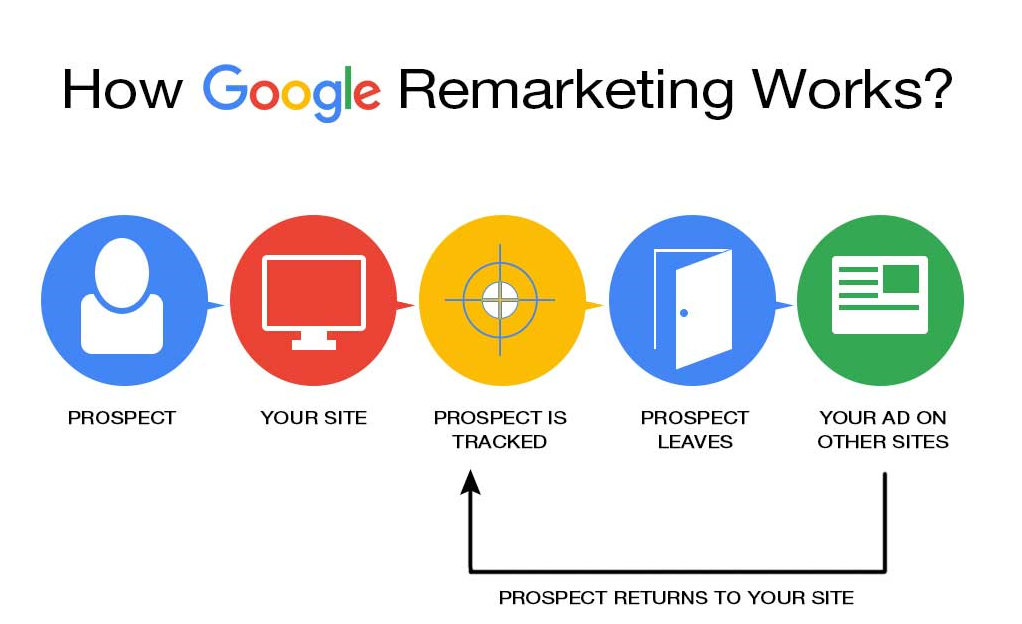
To fully leverage the power of Google Marketing Platform, it is essential to understand its key components. These include:
Analytics Products
Google Analytics: This is the foundational tool for tracking website traffic, user behavior, and conversions. It provides insights into how users interact with your site and where improvements can be made.
Analytics 360: The enterprise-level version of Google Analytics, offering enhanced features such as higher data limits, service level agreements, and dedicated support. This is ideal for larger ecommerce businesses with more complex needs.
Tag Manager: This tool allows businesses to manage and deploy marketing and analytics tags without needing extensive coding knowledge. It simplifies the process of data collection across websites and mobile apps.
Tag Manager 360: The premium version of Tag Manager, providing advanced features and enterprise-level support for larger organizations.
Looker Studio (formerly Google Data Studio): This tool enables users to create interactive dashboards and reports, allowing for easy visualization of data and insights.
Advertising Products
Google Ads: A powerful platform for creating and managing search, display, and video advertising campaigns. It helps drive targeted traffic to your ecommerce site and increase conversions.
Campaign Manager 360 (CM360): This ad server is designed for hosting and managing ad creatives, reporting, and planning across various channels, ensuring that campaigns are executed seamlessly.
Display & Video 360 (DV360): A comprehensive platform for managing display and video advertising campaigns across multiple networks, allowing for better reach and engagement.
Search Ads 360 (SA360): A platform for managing search advertising campaigns across various search engines, providing insights and optimization capabilities to improve performance.
Current Trends in Ecommerce Marketing with GMP

As we navigate 2023, several trends are shaping the ecommerce marketing landscape, particularly in relation to the Google Marketing Platform:
- The Rise of AI-Powered Personalization: GMP’s integration with Google AI Platform allows for advanced machine learning algorithms to personalize customer experiences. This includes dynamic product recommendations, tailored content, and even automated email campaigns based on individual customer preferences.
- Focus on Privacy and Data Security: With increasing concerns about data privacy, GMP’s commitment to GDPR and CCPA compliance is becoming increasingly important for ecommerce businesses. The platform offers features like data anonymization and consent management tools to ensure responsible data handling.
Implementing Google Marketing Platform for Ecommerce
Integrating Google Marketing Platform into your ecommerce business requires a strategic approach. Here’s a step-by-step guide to ensure a smooth implementation:
Setting Up Your Google Marketing Platform Organization
- Organization and User Management: Start by creating an organization in GMP to manage multiple accounts and users. This structure is essential for larger teams and ensures that everyone has the necessary access to the tools they need.
Integrating Products and Data Collection
- Product Integration: Link relevant GMP products to your organization, including Google Ads, Analytics, Tag Manager, and more. This integration is crucial for creating a seamless flow of data between different tools.
- Data Collection and Tracking: Implement tracking codes and tags to collect valuable data from your website and marketing channels. This robust data foundation is essential for driving meaningful insights and optimizing your marketing campaigns.
Campaign Creation and Optimization
- Campaign Creation and Optimization: Utilize GMP’s advertising tools to create and optimize your campaigns based on data insights. This involves testing different ad formats, targeting options, and bidding strategies to find what works best for your audience.
Reporting, Analysis, and Continuous Improvement
- Reporting and Analysis: Use Looker Studio and other GMP tools to create custom reports, analyze performance metrics, and identify areas for improvement. Regularly reviewing this data will help you adapt your strategies to maximize results.
Tips and Best Practices for Ecommerce Success with Google Marketing Platform

- Data-Driven Decision Making: Utilize GMP’s insights to make informed decisions about your marketing strategies. Ecommerce businesses that embrace a data-driven approach can gain a significant advantage in the highly competitive online marketplace.
- Campaign Personalization: Leverage audience segmentation and targeting features to create personalized campaigns that resonate with your customers. By using the audience management and targeting capabilities within GMP, you can deliver tailored messages and product recommendations based on factors such as browsing behavior, purchase history, and demographic data.
- A/B Testing and Optimization: Use Optimize to test different marketing elements and improve website performance. Continuous optimization is essential for ecommerce success, and GMP’s Optimize tool makes it easy to conduct A/B testing and quickly identify the most effective marketing strategies. Experiment with different product layouts, call-to-action buttons, and marketing messages to see what drives the best results.
- Cross-Channel Integration: Connect GMP with other marketing tools to achieve a holistic view of your customer journey. In today’s omnichannel landscape, understanding how customers interact with your brand across different touchpoints is crucial. GMP’s ability to integrate with various third-party tools and platforms allows for comprehensive data management and campaign optimization.
- Continuous Monitoring and Analysis: Regularly review your data and make adjustments to your campaigns as needed. Effective ecommerce marketing is an iterative process, and GMP provides the tools and insights needed to continuously monitor and refine your campaigns. Establish a routine for analyzing performance data, testing new strategies, and making timely adjustments.
- Utilize Automation Features: Take advantage of automation features within GMP to streamline your marketing efforts. Automation can help you manage bidding strategies, ad placements, and audience targeting more efficiently, allowing you to focus on higher-level strategy and creative development.
- Invest in Training and Resources: Ensure that your team is well-versed in using GMP. Investing in training sessions, workshops, and online courses can significantly enhance your team’s ability to leverage the platform effectively. Google offers various resources, including webinars and documentation, to help users maximize their understanding of GMP.
- Stay Updated on Industry Trends: The digital marketing landscape is constantly evolving. Stay informed about the latest trends, tools, and best practices in ecommerce marketing. Following industry blogs, attending conferences, and networking with other professionals can provide valuable insights and inspiration for your strategies.
Frequently Asked Questions
What are the costs associated with using Google Marketing Platform?
The pricing structure for GMP includes both free and paid options. The free versions of GMP products, such as Google Analytics and Tag Manager, are available to all users. The enterprise-level solutions, like Analytics 360 and the various advertising platforms, require a paid subscription with pricing based on usage and features.
How can I integrate Google Marketing Platform with my existing ecommerce platform?
GMP offers robust integration capabilities, allowing you to connect it with a wide range of ecommerce platforms, including Shopify, WooCommerce, Magento, and others. By integrating these systems, you can create a centralized hub for data management and campaign optimization, providing a comprehensive view of your customer journey.
What are some examples of how ecommerce businesses are using Google Marketing Platform?
Ecommerce businesses across various industries have successfully implemented GMP to drive their marketing strategies. From leveraging advanced analytics to optimize website performance, to creating personalized advertising campaigns that target specific customer segments, GMP has helped businesses unlock new growth opportunities and gain a competitive edge.
What are the key benefits of using Google Marketing Platform for ecommerce?
The key benefits of using GMP for ecommerce include:
- Enhanced data insights and analytics
- Improved campaign performance and optimization
- Cross-channel integration and customer journey mapping
- Personalized marketing and targeted advertising
- Data-driven decision making and sustainable growth
How can I get started with using Google Marketing Platform for my ecommerce business?
To begin using GMP, start by creating a Google account and signing up for the free versions of the products that interest you. Familiarize yourself with the tools and their functionalities through Google’s extensive documentation and training resources. As you grow more comfortable, consider integrating additional paid features that align with your business goals.
Conclusion
Google Marketing Platform offers a powerful suite of tools that can help ecommerce businesses unlock their full potential. By leveraging GMP’s advanced analytics, advertising, and optimization capabilities, businesses can gain a deeper understanding of their customers, personalize their marketing efforts, and drive measurable results.
Whether you’re a small online store or a large enterprise, GMP provides the comprehensive solutions needed to navigate the ever-evolving ecommerce landscape. By implementing GMP and following the best practices outlined in this guide, you can transform your marketing strategy, stay ahead of the competition, and achieve sustainable growth for your ecommerce business. The journey towards data-driven marketing is not just about adopting new tools; it’s about embracing a culture of continuous improvement and customer-centricity that will ultimately lead to success in the digital marketplace.

